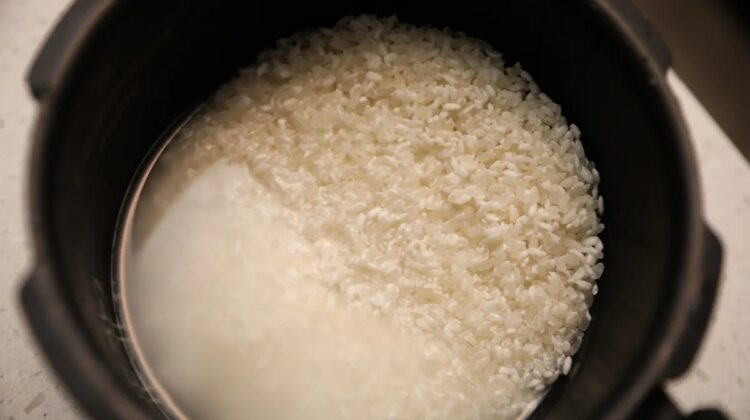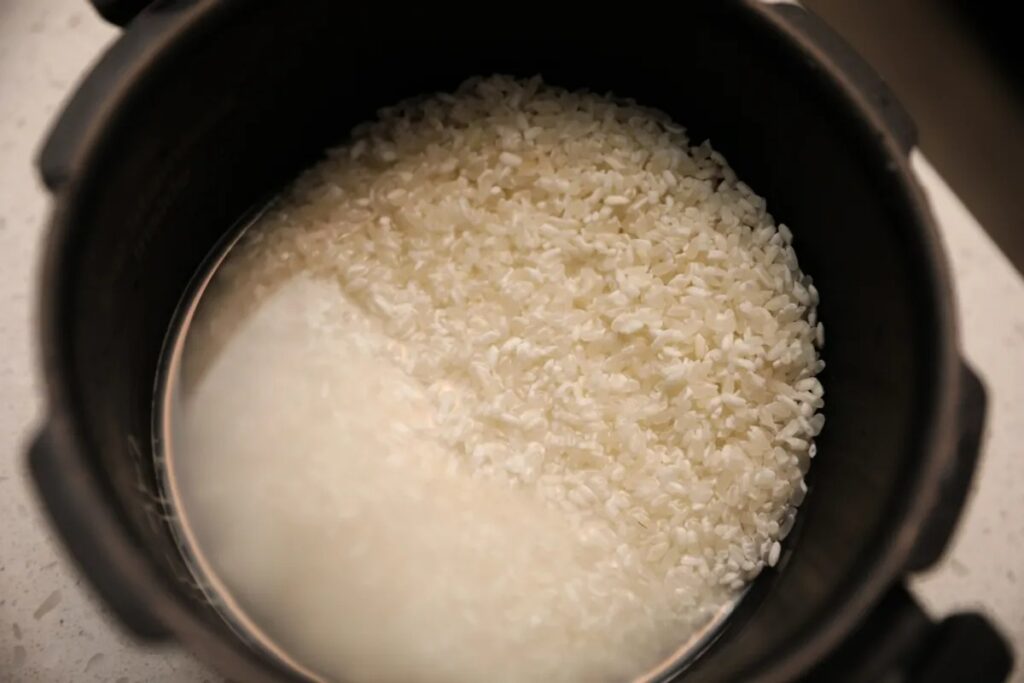
Rice, a dietary cornerstone for billions worldwide, graces tables in various forms, from Italian risottos to Spanish paella. However, a persistent kitchen debate revolves around the necessity of rinsing rice before cooking.
Many culinary enthusiasts contend that pre-washing rice reduces its starch content, leading to separated grains ideal for certain dishes. Yet, for stickier creations like risottos and rice puddings, washing is typically omitted.

Surprisingly, recent research dispels the myth that washing affects rice stickiness. The study evaluated the stickiness and hardness of different rice types—glutinous, medium grain, and jasmine—under various washing conditions. Intriguingly, washing had no influence on stickiness; instead, it’s the rice variety that dictates stickiness levels.
Traditionally, rice was washed to remove impurities like dust and husks. Moreover, recent concerns about microplastics in rice highlight the value of rinsing. Washing has been shown to remove up to 20% of microplastics present in uncooked rice, a vital consideration in our plastic-laden food supply chain.

Rinsing also aids in eliminating arsenic, a naturally occurring element found in rice. While it removes up to 90% of bio-accessible arsenic, it may also wash away essential nutrients like copper, iron, zinc, and vanadium.
Additionally, studies suggest that washing can reduce heavy metal contaminants, such as lead and cadmium, by 7-20%. This is particularly important as the World Health Organization has warned about arsenic exposure through rice and water.

Image Credit: Your Hand Please/Shutterstock.com
While washing rice doesn’t affect bacterial content, storing cooked or washed rice at room temperature can activate bacterial spores from Bacillus cereus, potentially leading to severe gastrointestinal illnesses. Thus, it’s wise to avoid leaving washed or cooked rice at room temperature for extended periods.
In essence, whether to wash rice before cooking depends on your priorities: removing impurities, reducing microplastics and contaminants, or preserving essential nutrients. Science provides insights, but personal preferences and health considerations should guide your choice in this age-old kitchen dilemma.

Leave a Reply